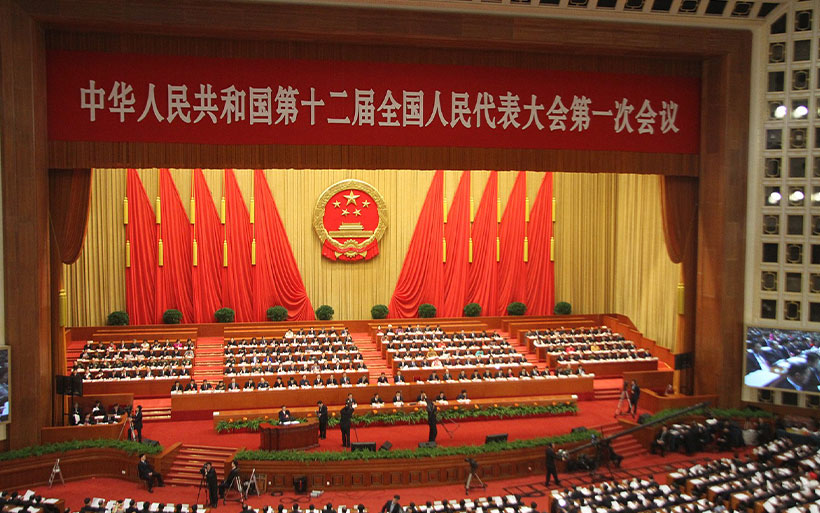Why did China engage with Western democracy promotion programs?
Professor Sungmin Cho’s latest peer-reviewed article entitled “Why Non-Democracy Engages with Western Democracy-Promotion Programs: The China Model,” was recently published by World Politics. Abstract “Between the mid-1990s and the mid-2010s, the Chinese government was distinctly open to the Western offer of democracy-assistance programs. It cooperated with a number of Western organizations to improve the rule of law, village elections, administrative capacity, and civil society in China. Why did the Chinese government engage with democracy promoters who tried to develop these democratic attributes within China? The author argues that the government intended to use Western aid to its advantage. The Chinese [...]






